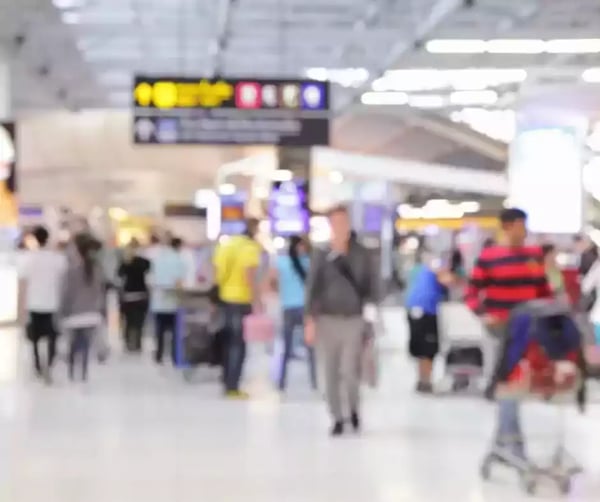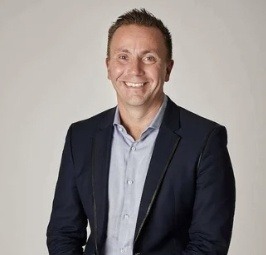Human trafficking is one of the most misunderstood crimes in the world, due in part to its secretive nature. It is a fast-growing industry, having reportedly hit record-breaking numbers in Finland in 2020. Across the globe, human trafficking affects millions of people and generates billions of dollars each year. For this reason, QOCO has teamed up with A21, a non-profit organization fighting against human trafficking across the globe.
For many years, Finland has been (and still is) a destination country for human traffickers. Victims originating from other countries, with Eastern Europe, Africa, South and Central Asia, and the Middle East being the most common regions of origin. In most cases, victims will come to Finland seeking asylum, and, once declined asylum by the Finnish government, will illegally remain in the country. Such groups are the most vulnerable to human trafficking, as fear of deportation will deter them from seeking help from local authorities.
Human trafficking is most often associated with prostitution, although victims of the trade are also forced to work in other industries, such as the restaurant, cleaning, and construction industries. In fact, many victims of human trafficking aren’t even physically held against their will and are rather exploited and abused due to their financial, legal, or social situation.
As is well-known to most, the shipping and aviation industries are known facilitators of human trafficking, especially when it comes to importing exploited labor from elsewhere. This makes for a great opportunity for QOCO, a company within the aviation industry, to do its part in the fight against human trafficking.
But how can QOCO (and other aviation industries) prevent such crimes from occurring?
The biggest step in fighting against human trafficking is raising awareness amongst aviation staff and the general public. It is crucial for airport and airplane personnel in particular to recognize the signs of human trafficking so that it can be prevented as early as possible. In addition, teaching the signs of human trafficking to the general public would allow passengers and other passers-by to help out in such situations as well. Even online courses can be useful when it comes to recognizing such signs.
From a business perspective, companies like QOCO can help from a financial perspective through their partnerships with non-profits such as A21. Donations made to A21 work towards providing awareness and education on human trafficking, developing shelter homes for people vulnerable to exploitation, and legal resources to help prosecute human traffickers. A21’s website has more in-depth information on how you can help in the fight against human trafficking across the globe.
 Elisabeth Tadoe
Elisabeth Tadoe
 If you are interested in knowing how you can improve your efficiency in maintenance operations, book a 30-minutes discovery call with us.
If you are interested in knowing how you can improve your efficiency in maintenance operations, book a 30-minutes discovery call with us.

